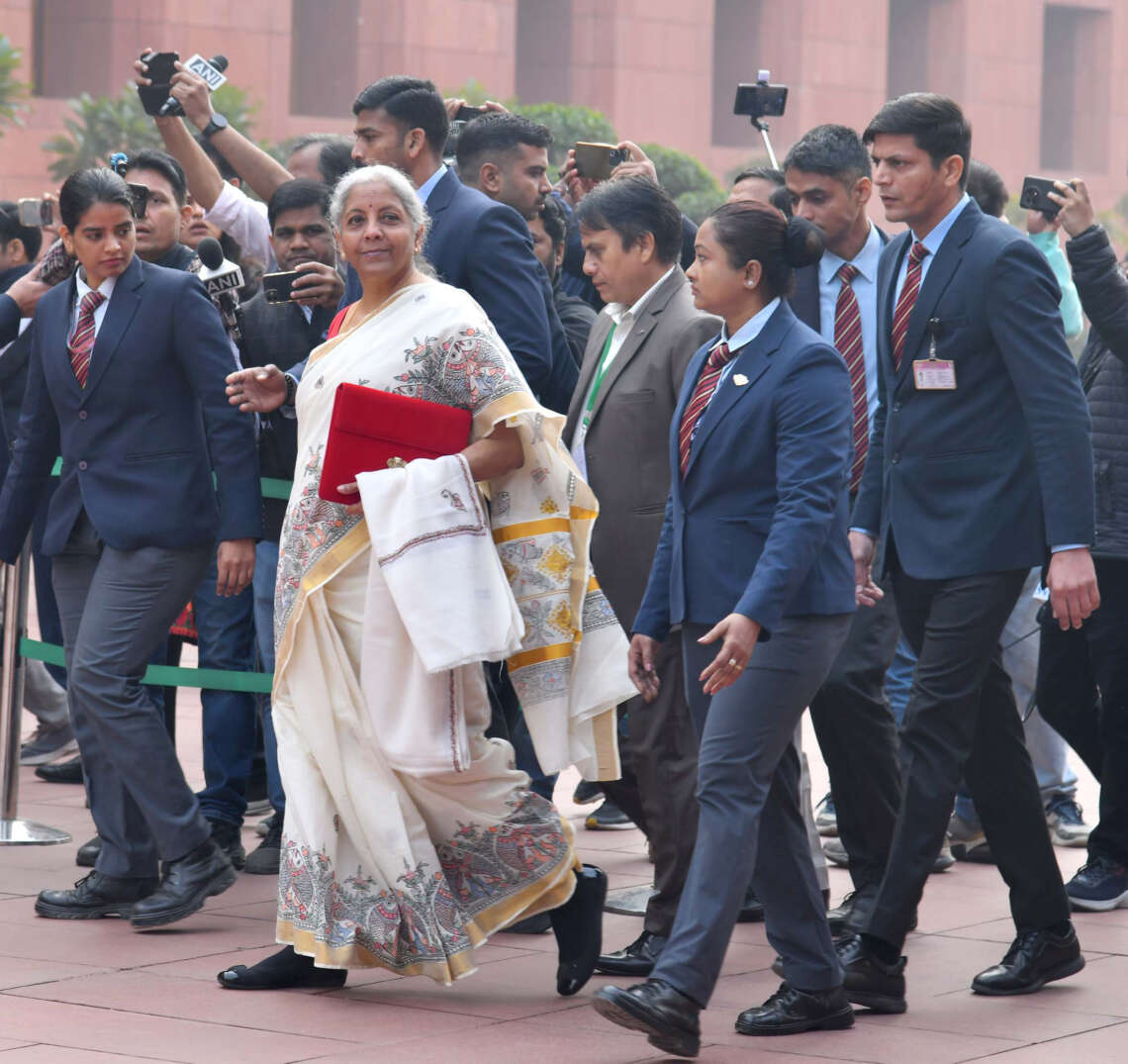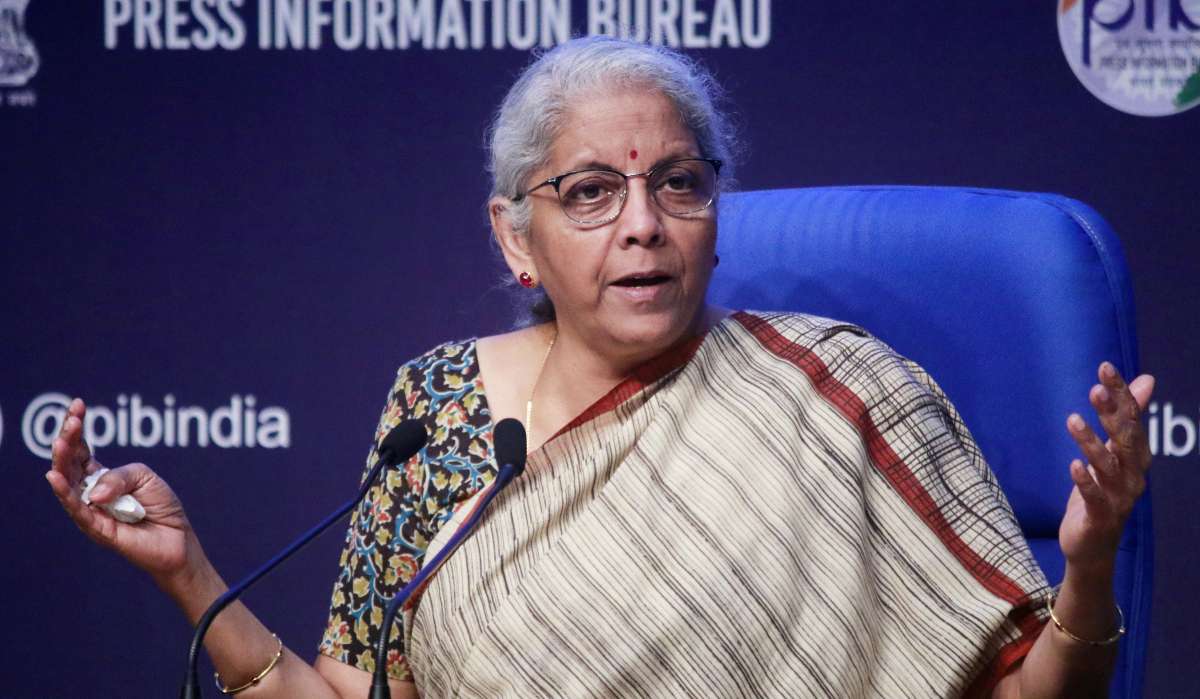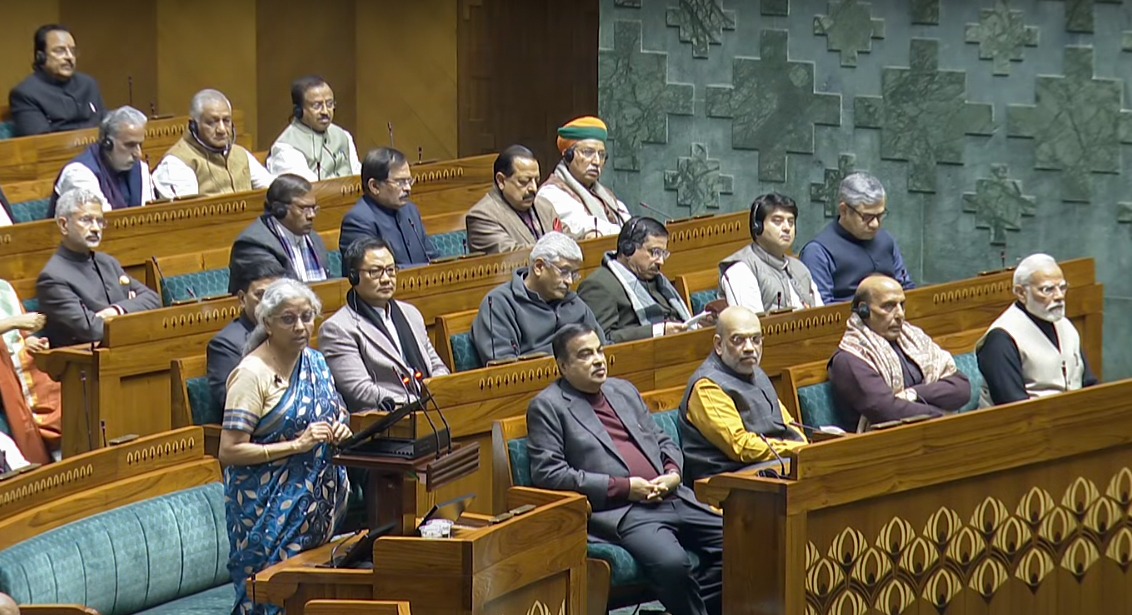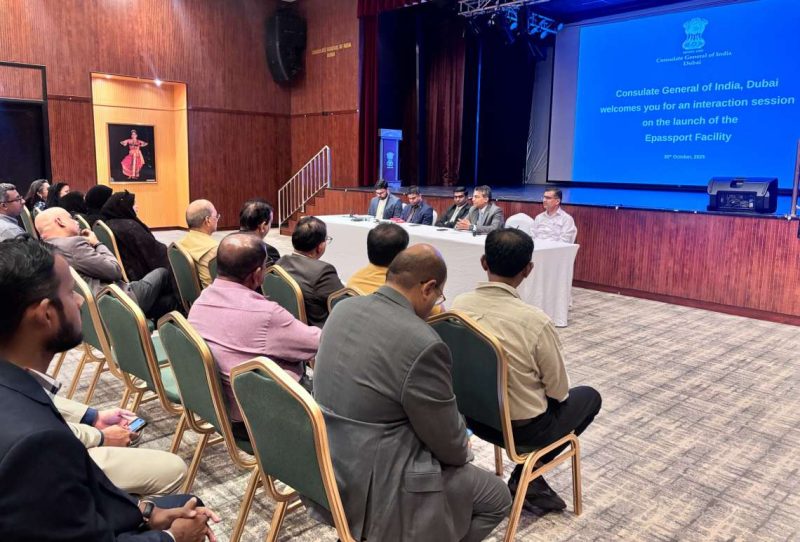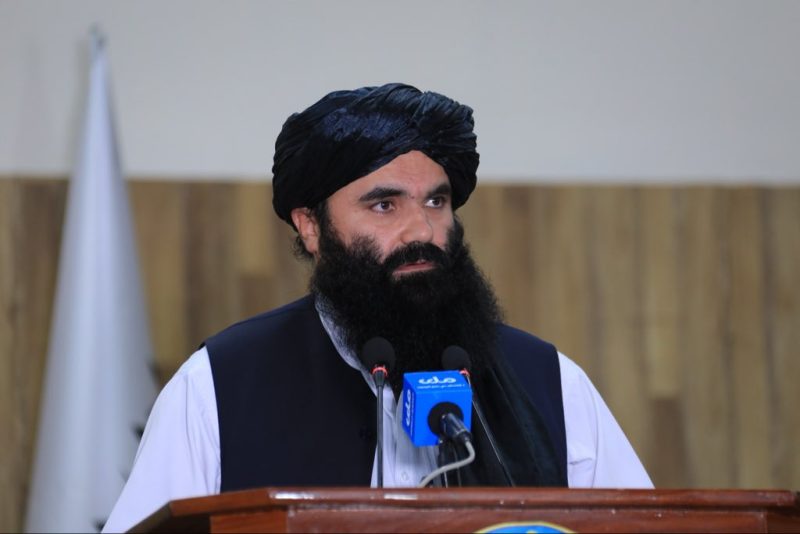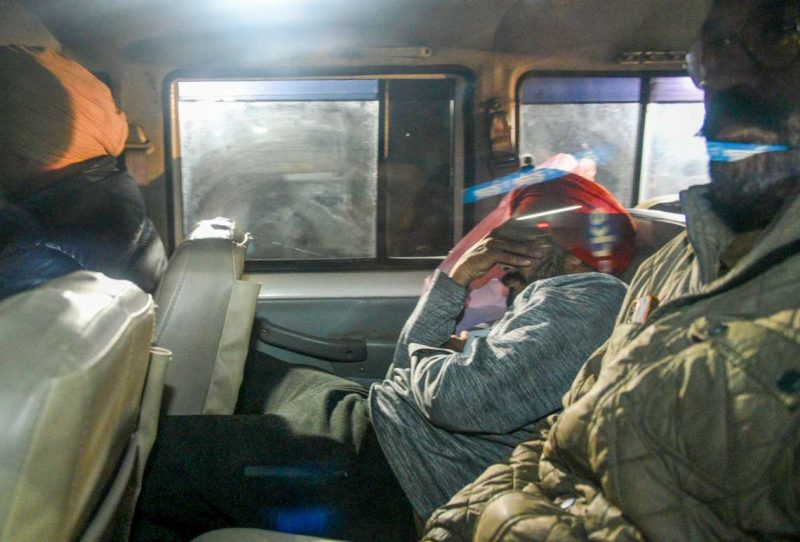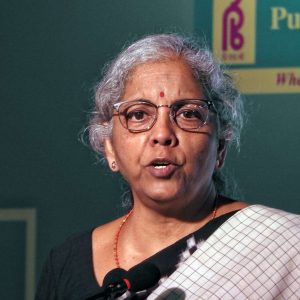The gross market borrowing of the government has been fixed at Rs 14.13 lakh crore while the net market borrowing is proposed at RS 1.75 lakh crore which is lower than the corresponding figure for 2023-24...reports Asian Lite News
The allocation for big infrastructure projects to be taken up in 2024-25 has been raised to Rs 11.1 lakh crore which is an 11.1 per cent increase over the previous year
Finance Minister Nirmala Sitharaman decided to stick to the path of fiscal consolidation path as she pushed for economic growth and inclusive development in the interim Budget 2024-25 presented in Parliament on Thursday. The Finance Minister has reduced the fiscal deficit target to 5.1 per cent of GDP for 2024-25 while increasing the government’s capital expenditure on big infrastructure projects to push the economic growth rate.
This has been made possible due to the robust increase in tax collections in a fast-growing economy. The allocation for big infrastructure projects to be taken up in 2024-25 has been raised to Rs 11.1 lakh crore which is an 11.1 per cent increase over the previous year. The gross market borrowing of the government has been fixed at Rs 14.13 lakh crore while the net market borrowing is proposed at RS 1.75 lakh crore which is lower than the corresponding figure for 2023-24.
“Lower market borrowings by the government will leave more funds for private sector corporates to get loans for investment which will accelerate the country’s economic growth further,” the Finance Minister said in her Interim Budget speech. The Interim Budget has also created a corpus of Rs 1 lakh crore for a 50-year interest-free loan for the farm sector. The Finance Minister said that she was making any changes in the direct or indirect tax rates in the interim budget. Sitharaman said that the Indian economy has witnessed a transformational change and fruits have development have started reaching people at a mass scale. “The Modi government’s polcy of inclusive development and growth is a deliberate departure from the past governments. Housing water electricity, bank accounts cooking gas have been provided for all. Worries of food have been eliminated with free food for 83 crore people and real incomes have increased,” she said. She said the government was committed to social justice with all-round development that would improve the capability of the people and empower them. “Social justice is a necessary model and the government’s saturation approach reflects secularism in action that prevents corruption and nepotism.
Opportunity for all. Systemic inequality is being addressed for social transformation,” she said. Top priority is being given to empower four segments that include the poor, women, youth and farmers for the support of the government, she added. “Indian economy witnessed profound positive transformation in the last 10 years,” said Sitharaman, while presenting #Budget2024 in the Parliament Presenting the Interim Budget for the fiscal year, Sitharaman highlighted the government’s commitment to inclusive development under the vision of “Sabka Saath, Sabka Vikas, and Sabka Vishwas.” “In the second term, our government strengthened its vision of Sabka Saath, Sabka Vikas, and Sabka Vishwas,” stated Sitharaman, emphasizing the continuity of the government’s commitment to the welfare of all citizens. She acknowledged the challenges posed by the once-in-a-century pandemic but noted that the country successfully overcame them, continuing its stride towards building an Atmanirbhar Bharat (self-reliant India) committed to Panch Pran and laying solid foundations for the Amrit Kaal. Sitharaman said, “The country overcame the challenges of once in a century pandemic to clang stride towards Atmanirbhar Bharat committed to Panch Pran and laid solid foundations for the Amrit Kaal”. Addressing concerns about food security, Sitharaman announced the elimination of worries through the provision of free ration for 80 crore people. “The worries about food has been eliminated through free ration for 80 crore people”, said Finance Minister.
The Finance Minister also highlighted the impact of Direct Benefit Transfer (DBT), emphasizing that savings through DBT channels have enabled more funds for the PM Garib Kalyan Yojana, a welfare program for the economically disadvantaged. “With the pursuit of Sabka Saath, the govt has assisted 25 crore people to get freedom from multidimensional poverty in last 10 years”, Sitharaman stated during her Budget speech. The Finance Minister underscored the need to focus on four major pillars: the poor, women, youth, and annadatas (farmers). “We need to focus on four major pillars — poor, women, youth and annadatas”, said Sitharaman Highlighting achievements in skill development, Sitharaman noted that the Skill India Mission has successfully trained 1.4 crore youth, contributing to their empowerment and employability. She reiterated the government’s commitment to inclusive governance, describing the administration under Prime Minister Modi as “secularism in action.”
“In the last 10 years, we have targeted every household for houses for all, water for all, and cooking gas for all,” Sitharaman declared, emphasizing the comprehensive approach towards addressing basic needs and improving living standards. Additionally, she revealed that 34 crore Mudra Yojana loans have been extended to women entrepreneurs, promoting financial inclusion and empowerment. “34 cr Mudra Yojana loans been given to women entrepreneurs”, said Finance Minister. The Finance Minister concluded her budget presentation with a positive outlook, signalling the government’s determination to continue fostering inclusive growth and development. As the nation navigates through the uncertainties of the present and builds towards the future, the budget reflects a commitment to the welfare and progress of all citizens. The Budget 2024 is expected to undergo thorough scrutiny and debates in the coming days in the Parliament, as stakeholders assess its potential impact on the nation’s economic trajectory.
ALSO READ-Nirmala calls for supplementing G20 initiatives on debt crisis



